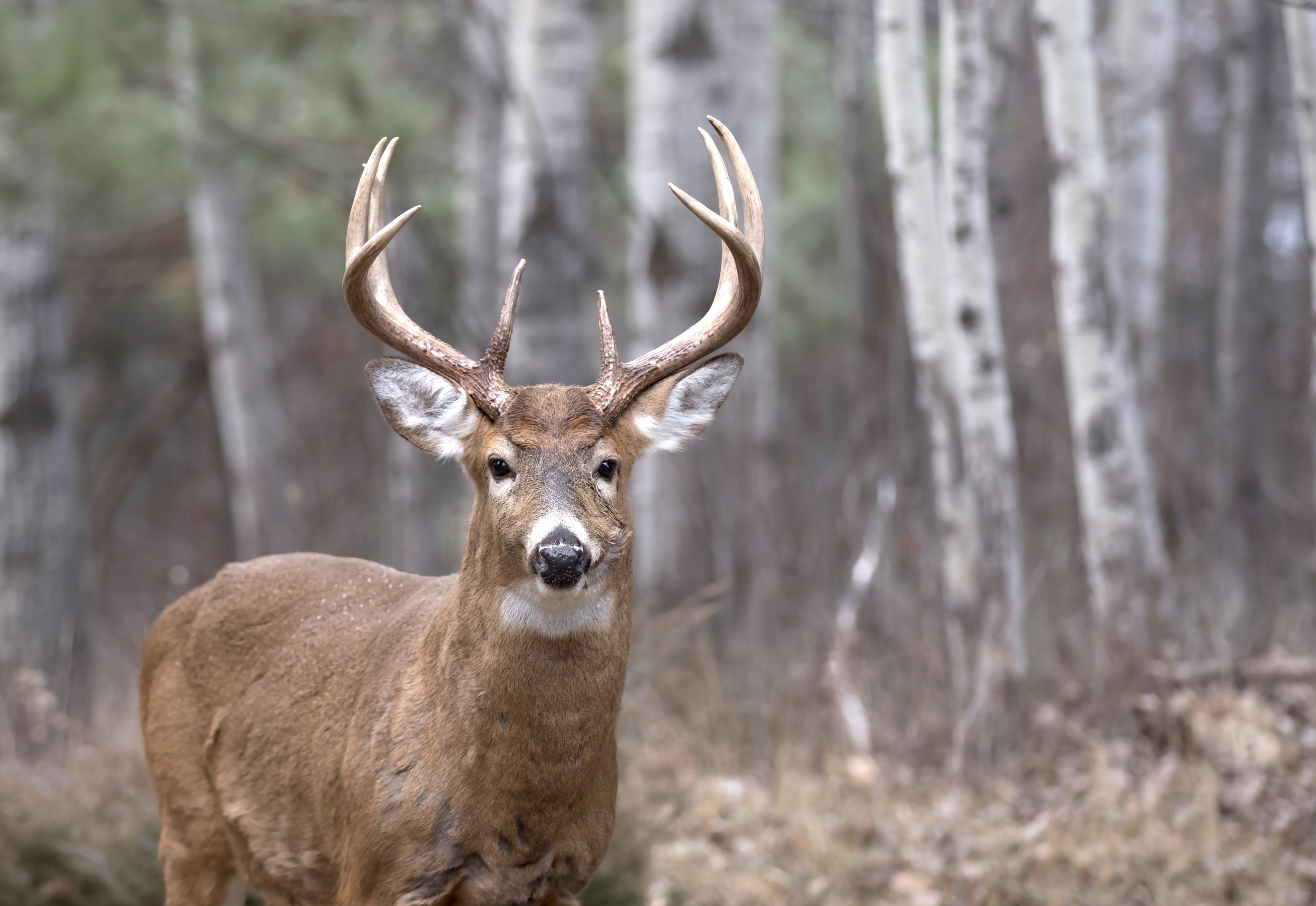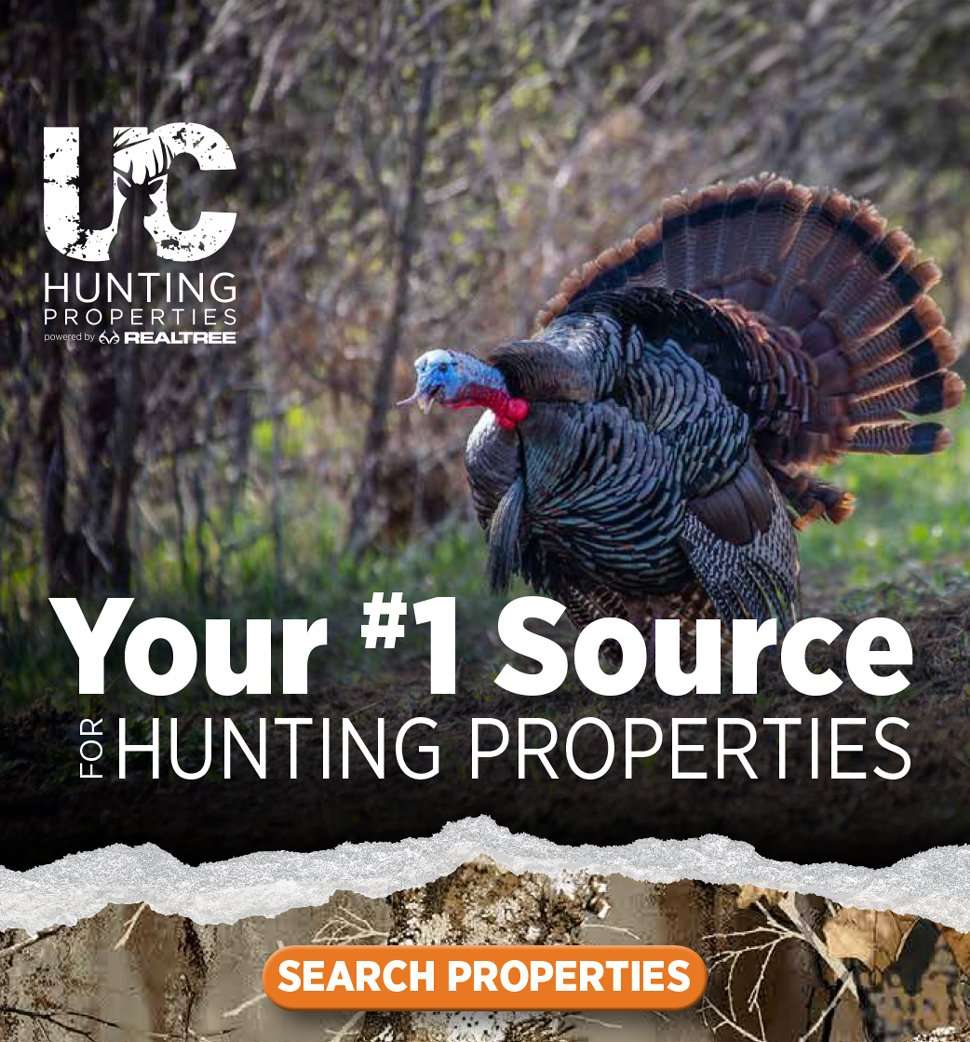140,000
Est. Whitetail Population
80,000
No. Licenses Sold Annually
$28 to $74
Archery permit is $23, muzzleloader permit is also $23, and a $28 hunting license is required for either of those permits. The $28 hunting license is good for firearms season.
Resident hunting license and deer permit
$102 to $180
The $102 nonresident hunting license is good for firearms season. Additional permits are required for muzzleloader or archery hunting.
Non-resident hunting license and deer permit
181"
Picked up in Rutland County in 1971.
Record B&C Typical Stat
19
Total B&C Typical Entries
190 6/8"
Taken by George Tice in Essex County in 1938.
Record B&C Non-Typical Stat
2
Record B&C Non-Typical Entries

Check out the latest info for Vermont. Image by Jim Cumming
Season Dates (2024):
Archery season is Oct. 1 to Nov. 15 and Dec. 2-15. Youth deer weekend is Oct. 26 and 27. Regular season is Nov. 16 through Dec 1. Muzzleloader runs Dec. 7-15. Other seasons apply. Please check the VERMONT FISH AND WILDLIFE WEBSITE to confirm deer season dates.
The Grade: C
There’s a rich big-woods deer camp tradition in Vermont, but the hunting here is anything but easy. According to the National Deer Association’s 2024 Deer Report, Vermont hunters had one of the lowest success rates on antlered bucks in 2022 of any state in the Northeast region. Although a typical was entered in the B&C record books in 2020, no other record book whitetails have been taken here over the past decade, and 16 of the 19 total entries were taken prior to 1990. The two non-typical entries were taken in 1938 and 1958.
Still, it’s not all bad news. The forked-antler restriction enacted in 2013 is starting to show results with increased numbers of older-age-class bucks. “Recent buck harvests are as high as they’ve been since the 1990s,” said Nick Fortin, deer and moose project leader for the Vermont Fish and Wildlife Department. “With recently expanded hunting opportunities, now is a good time to hunt Vermont. But deer activity changes with weather and food availability. Have a few different hunting spots, because deer may not be where they were earlier in the year or where they were in previous years.”
According to Fortin, several changes have been implemented the past few years. Some include:
A one-buck annual limit across all seasons (previously two bucks)
Antler restrictions were removed in some WMUs
Archery season was extended to 60 days (previously 28 days)
Crossbows allowed for all archery hunters (previously restricted to those 50 and older and with a disability)
New antlerless-only muzzleloader season in late October
New novice season (allows first-time adult hunters to hunt during youth season for one year)
Moved youth season two weeks earlier (late October)
And an increased annual bag limit from three to four
Antler Nation Knowledge:
Although Vermont doesn’t have many big deer, the best hunting is mostly in the southern half of the state. That area generally has the lowest percentage of yearlings in the buck harvest of any state in the Northeast and the country. Also, Champlain Valley is pretty good.
For PUBLIC LAND, look to the Green Mountain National Forest, which offers nearly 400,000 acres of contiguous hardwood forest. Pack a tent and camping supplies, and head into the backcountry for an old-style big-woods deer hunt. There are also state lands open to hunting. Use AVAILABLE RESOURCES to drill down on a piece of land that works for your goals.
Hunters should note that expanded archery zones have been implemented.











